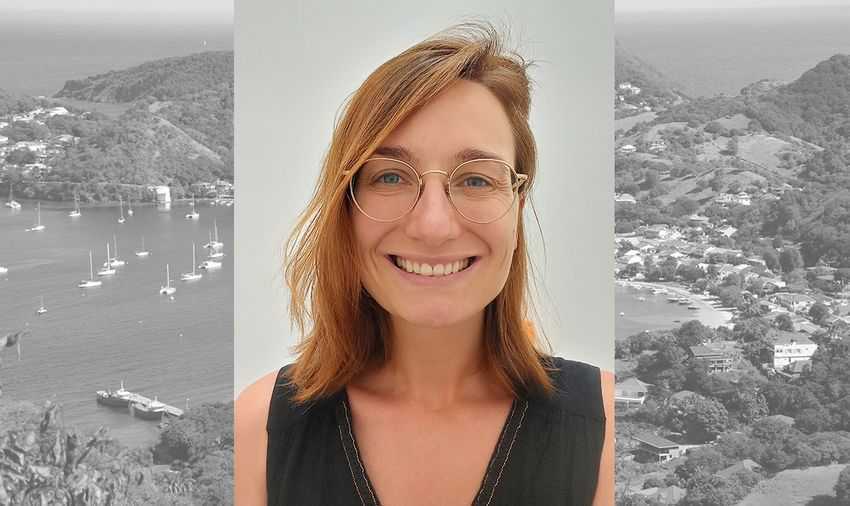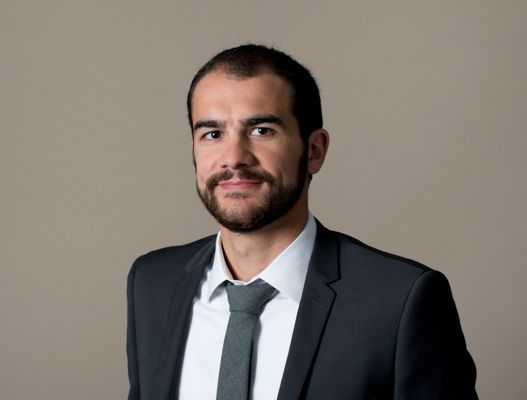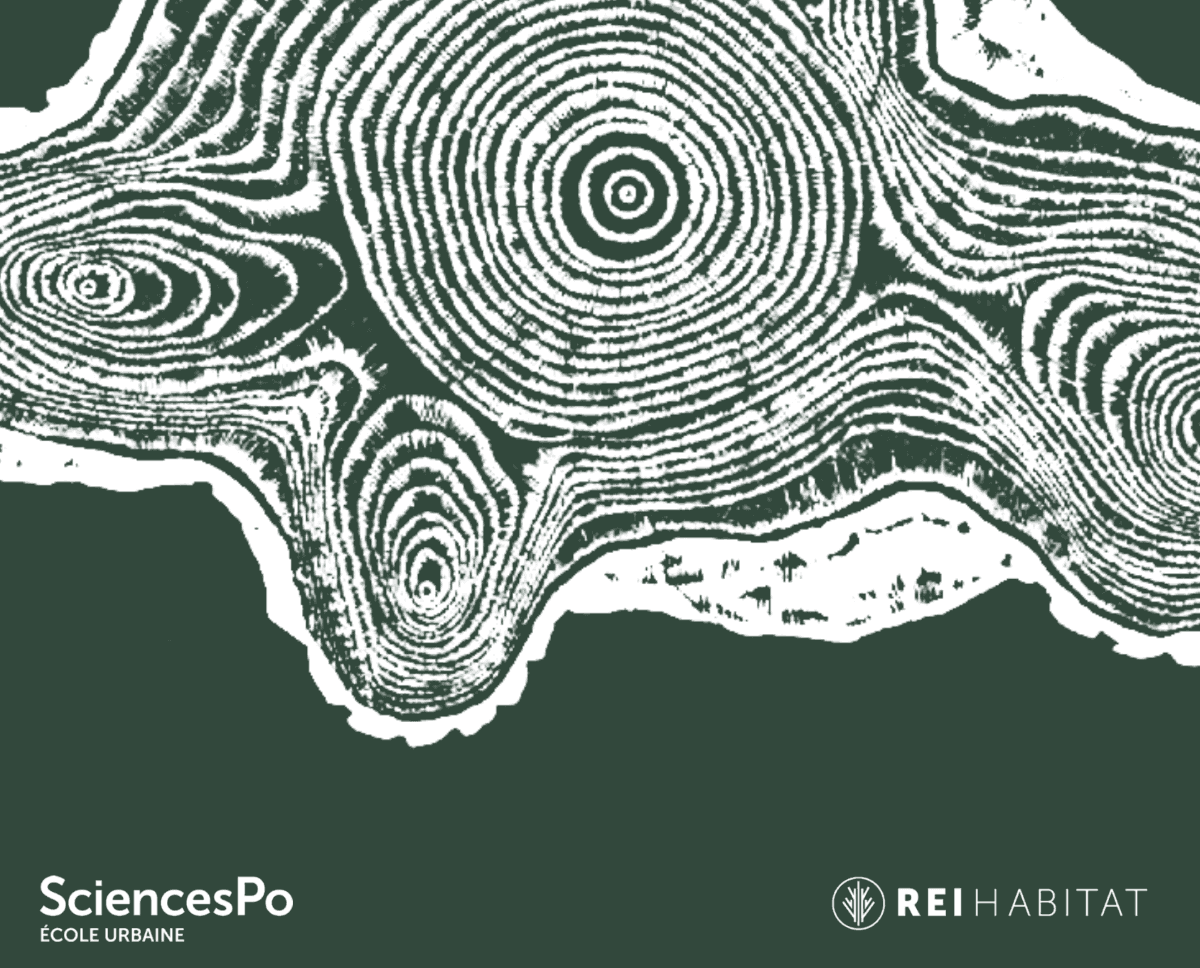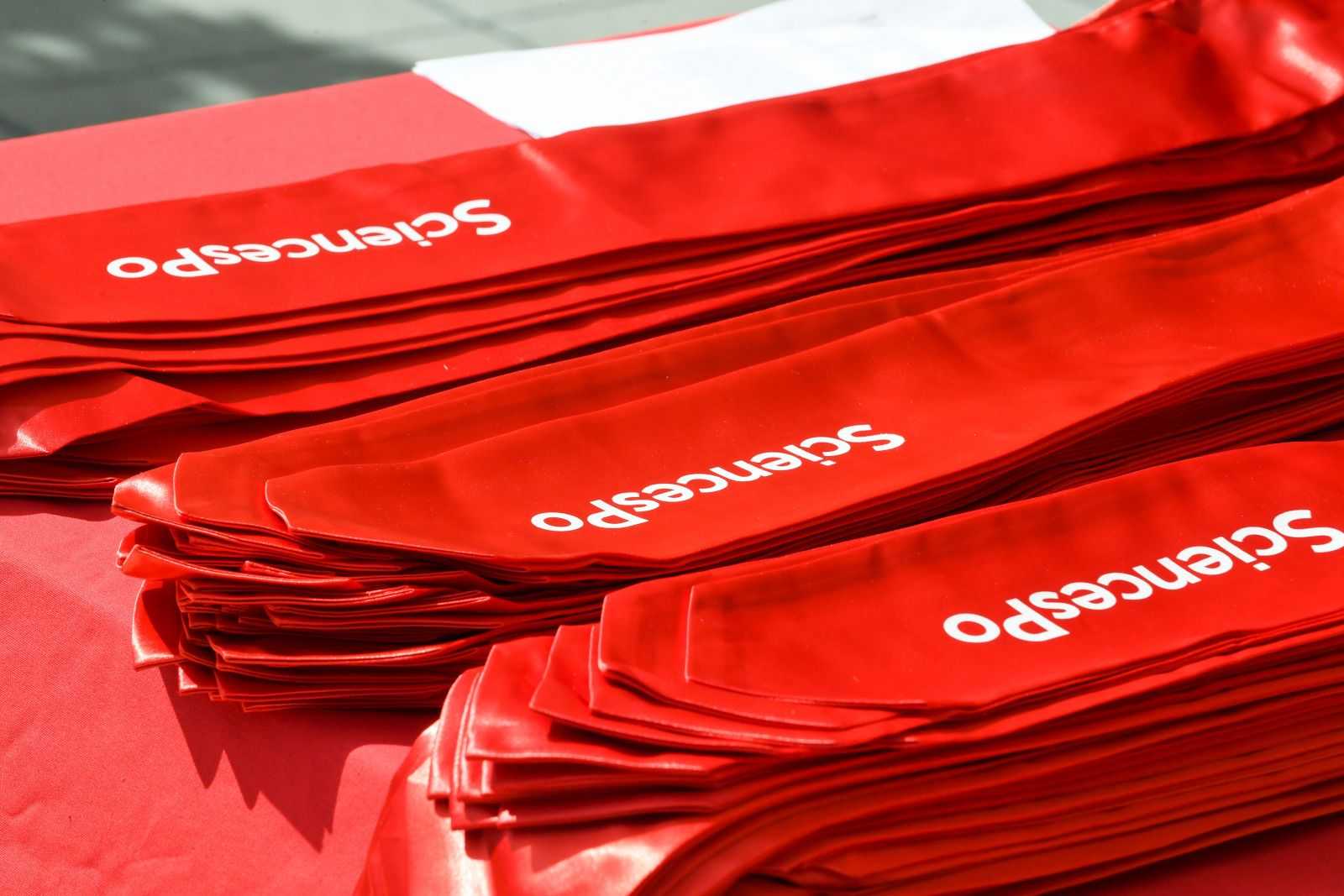
Home>Academics>Master in urban planning
Master in urban planning
Three semesters of comprehensive training for careers in city design and management (development, planning, housing, real estate etc.)
One and a Half Years Master's
Programme in French
Information Sessions: Masters

Discover all the Master's programs offered by our 8 professional Schools at Sciences Po and explore the wide range of specialisations available during our webinars dedicated to applicants.
Please note: the Master "Urban Planning Programme" is taught entirely in French under the title "Cycle d'urbanisme".
Mastering urban transitions in three semester
The Master in Urban Planning trains professionals in urban and territorial development by integrating various fields, including economics, territorial analysis, and technical, legal, and financial aspects. This program focuses on both metropolitan dynamics and medium-sized cities, addressing attractiveness, competitiveness, inequalities, and environmental and digital transitions. By fostering a dialogue between theory and practice, this master's program prepares students to play an essential role in shaping and managing the urban spaces of the future and addressing the complex challenges of urban planning.
The master's program consists of two semesters of coursework at Sciences Po and one semester dedicated to professional placement.
Objectives and skills
- Understanding socio-economic issues related to urban planning
- Decoding current urban and territorial phenomena
- Developing skills in strategic analysis: the ability to operate in complex environments and collaborate with various stakeholders
- In-depth urban planning and development training: the ability to spatialize urban thinking and projects
- Mastery of technical, legal, and financial tools specific to territory and city production (development financial analysis, territorial diagnosis, Geographic Information Systems - GIS -, housing programming, etc.)
- Professionalization through collective projects, practical scenarios, simulations, and study trips in France or Europe
These skills are developed through work on different scales, from planning to real estate logic, including managing complex urban projects.
Programme structure
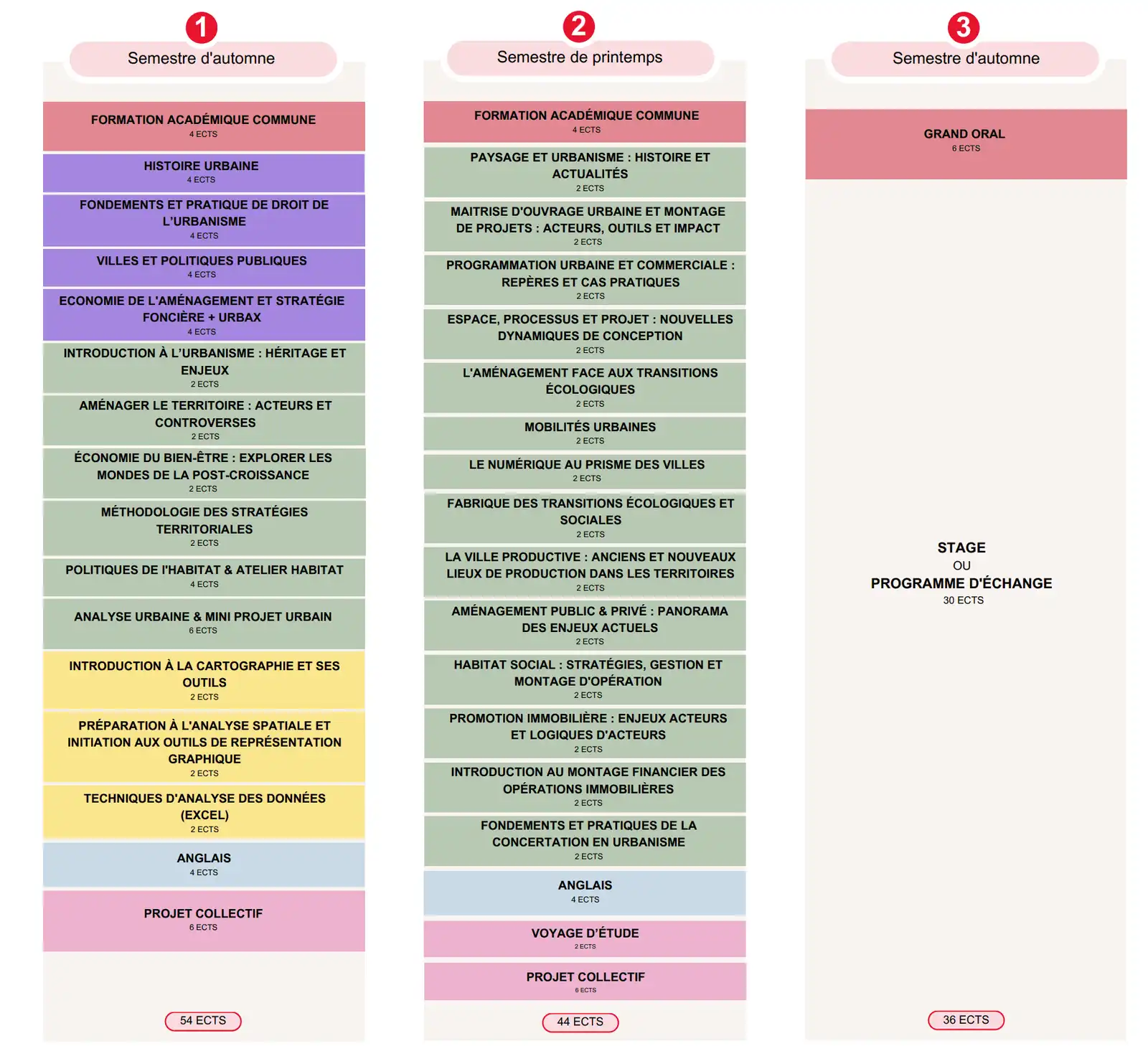
This programme is condensed into three semesters, including two semesters of instruction at Sciences Po and one semester "off-campus" in employment, internship, or exchange. In addition to this, there is an annual study trip, a group project, and numerous practical exercises (visits, simulations, role-playing, etc.).
First semester
- Acquisition of a common foundation of knowledge on urbanism and urban policies, introduction to territorial analysis methods, and development mechanisms
- Practical experiences and practical exercises: study trip, mini urban project, simulation game on development "Urbax," etc.
- Beginning of the group projects supervised by the educational coordinator and guided by tutors for 2 days per week, on Thursdays and Fridays
Second semester
- Courses to analyze and discuss current and emerging issues in urban production
- Additional thematic courses (sustainable urban planning, public consultation, etc.) and "professional" approaches (social project management, real estate development, urban and commercial programming, etc.)
- High-level professional interventions on their professions and actor systems
Third semester
The third and final semester of the Master in Urban Planning offers the opportunity for professional integration (internship or employment contract) or an exchange with one of our partner universities, including UCL Bartlett, Bocconi Milan, University of Amsterdam.
Study trip
First-year Master's students go on a week-long study trip to discover a region and understand its economic, social, environmental, and cultural dynamics. This trip offers a chance to engage with diverse stakeholders, including local elected officials, business representatives, associations, urban planners, and residents, and to explore development projects, infrastructure, third places, and public policies in action.
At the end of the trip, students write a collective report summarising their analyses and proposals on the challenges facing the region they have explored. Discover our latest trip to Marseille.
Throughout their studies, students do field research on other occasions: during pre-term visits or as part of their group projects.
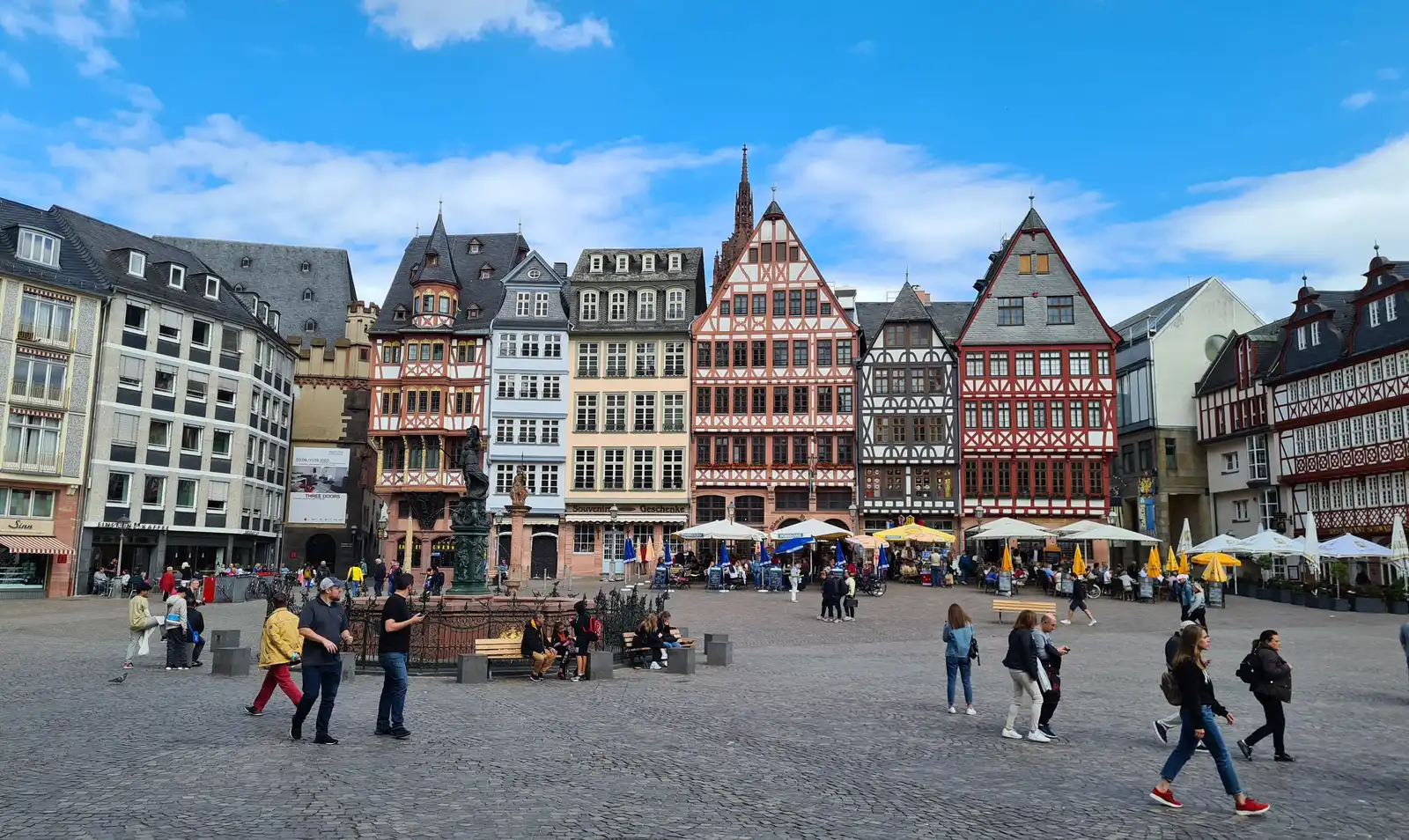
Course outlines
Note: Curriculum plans evolve every year to address various needs and developments.
Entry requirements and accreditation
The Master in Urban Planning is open to students or professionals who have completed at least one year of a Master’s degree in any discipline.
A very strong level of written and spoken French is required (see the language requirements table).
The programme is accredited by APERAU (the French Association for the Promotion of Teaching and Research in Urban Planning and Development).
Admission procedures for the master's degree
There are multiple pathways for admission to the Master in Urban Planning.
This procedure (FR) applies to candidates who have previously completed a degree in France. Applications are submitted online on the Sciences Po admissions website.
Procedure for graduates from partner universities in France (FR)
This procedure applies to candidates who have not previously completed a degree in France. Applications are submitted online on the Sciences Po admissions platform.
Details of the documents required for both procedures:
- Additional materials: in addition to the required documents listed on the admissions website, candidates will need to compile and attach a portfolio presenting a selection of previous personal, academic and/or professional work. You are free to choose what you include in this portfolio; depending on your background, example material might include photos or descriptions of previous projects, written pieces, published work, extracts from an academic dissertation, an internship report etc. All material should be assembled into a single document. If the file size is less than 2 Mb, you will be able to upload it with your online application form. If the file is larger than 2 Mb, please upload a document (.doc or .pdf format) including a link to a URL containing your file. Whatever format you choose for your portfolio, you should ensure that the material is clear, well-presented and can be read easily by assessors.
- References: one academic reference and one professional reference are required; a second academic reference is strongly recommended.
Procedure for former Sciences Po students who graduated less than two years ago
Please contact Bertrand Vallet for more information.
Procedure for students bridging after one year of the Master of Regional and Urban Strategy
A bridge is possible between the first year of the Master of Regional and Urban Strategy and the Urban planning programme
Please contact Bertrand Vallet for more information.
Career opportunities for the Master in Urban Planning
The Master in Urban Planning benefits from a strong alumni network in various fields related to urban development (urban planning, development, urban policy, housing, etc.), within diverse organizations (government ministries, local authorities, private and public developers, urban planning agencies, consulting firms, elected officials' offices, real estate developers, etc.). It also relies on an active and dynamic alumni association, Sciences Po Urba.
In recent years, more than half of the Master students have found employment (fixed-term or permanent contracts) immediately upon completing the second semester.
Nearly 55 years after the creation of the Master's programme, surveys show a diversified professional integration: graduates work in government services or local authorities (regions, departments, and increasingly in municipalities or inter-municipal groups), in the semi-public sector (urban planning agencies, development agencies, public establishments, particularly in the housing sector). Many work in the private sector, from design to real estate development.
More about career opportunities after a Master's degree at the Urban School:
Alumni testimonials
Latest news
Contacts
Academic Director: Marco Cremaschi
Academic Advisor: Bertrand Vallet (bertrand.vallet@sciencespo.fr)
Academic Assistant: Jérôme Michel (jerome.michel@sciencespo.fr)

